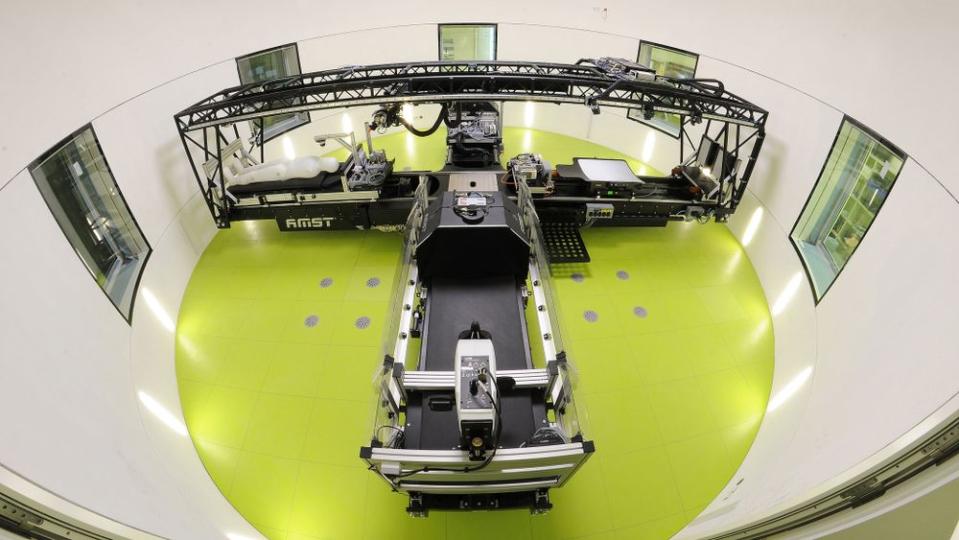NASA Will Pay You $18,500 to Spend 60 Days in Bed in Order to Test the Effects of Gravity

If lying in bed for 60 days while getting paid for it sounds like an out-of-this-world deal, NASA sure has the perfect gig for you.
The space agency on Tuesday kicked off a three-month study in Cologne, Germany, requiring participants to stay in bed for long stretches of time in order to test gravity and how the body adapts to weightlessness.
NASA teamed up with the European Space Agency for the Bed Rest Study, which will take place at the German Aerospace Center’s “:envihab,” a portmanteau of environment and habitat. The facility is operated by the Institute of Aerospace Medicine at the German Space Agency (DLR).
The 12 male and 12 female participants — who will receive about $18,500 each — must eat, exercise and shower while in a head-down tilt position, as doing so duplicates many of the effects astronauts face in a low-gravity environment. Because there is no gravity to pull blood flow to the legs, astronaut’s heads fill with fluids, and their muscles and bones waste away, according to the ESA.

RELATED: NASA Cancels First All-Female Spacewalk as It Doesn’t Have Enough Medium-Sized Spacesuits Available
The study will also test the possible benefits of artificial gravity, as participants will lie in DLR’s short-arm centrifuge once a day and be spun to encourage blood flow back toward their feet.
RELATED VIDEO: NFL Player Turned Astronaut Leland Melvin Shares His ‘Love Affair’ with Earth in Nat Geo Doc
“Currently, astronauts on board the International Space Station exercise for up to 2.5 hours per day and maintain a balanced diet to help mitigate microgravity’s effects, but scientists believe adding a dose of artificial gravity could be key during longer-term missions,” according to ESA.
RELATED: See the First ‘Selfie’ from Mars! NASA’s InSight Spacecraft Sends Photos After Successful Landing
Though the study has already begun, DLR is seeking participants for a second phase, which will kick off in September.
“Participation in the study was a very special and good experience for me,” Janja, a test subject in a similar bed rest study in 2017, said in a translated DLR testimony. “What surprised me the most: after a few days my body got used to the bed rest, it was much easier than I had imagined.”
Bed rest lasts for 60 days, though the entire study will span 89 days, as it includes time for preparation and recovery.

